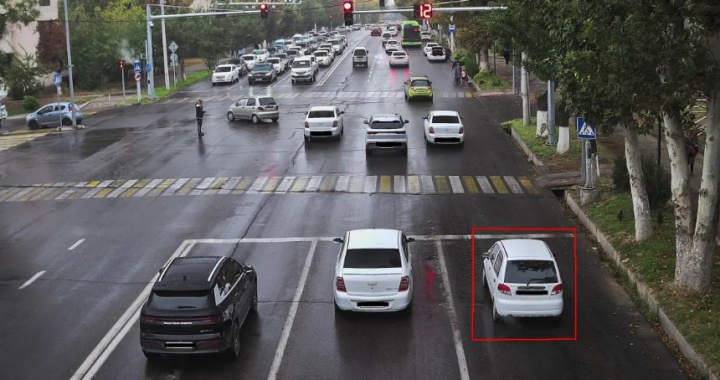Uzbekistan enacts new State Secrets Law to bolster national security
The new law prohibits the classification of information regarding violations of human rights, freedoms, and legal breaches by government bodies and officials. The State Security Service (SSS) is designated as the authorized agency for matters related to state secrets.

On December 27, 2024, the President of Uzbekistan signed the Law on State Secrets. The law will come into force on March 29, 2025, three months after its signing.
The document defines key concepts related to state secrets as follows:
- State information of national importance: Information whose disclosure could adversely affect Uzbekistan's defense capabilities, national security, or economic and political interests.
- State secrets: Information classified as of national importance or as service secrets, whose disclosure may harm Uzbekistan’s security. These are protected by the state and require confidentiality.
- Service secrets: Information relevant to organizations that handle state secrets, including military, economic, political, scientific, technical, intelligence, counterintelligence, and operational activities. Their disclosure could harm the interests of these organizations. Service secrets may constitute part of state information of national importance.
The unified state policy on state secrets is determined by the President. The Cabinet of Ministers holds the authority to develop legal regulations, establish procedures, and review the transfer of state secrets to foreign states, international organizations, or legal entities.
State Security Service’s role
The State Security Service (SSS) is designated as the authorized agency for overseeing activities related to state secrets. The SSS, which developed the law, is responsible for licensing organizations to work with state secrets, supervising their activities, and ensuring compliance with confidentiality regulations. It also investigates violations related to state secrets.
Categories of state secrets
State secrets are divided into four main sectors:
- Military secrets
- Secrets related to foreign policy and foreign economic activities
- Intelligence, counterintelligence, operational, and state security information
- Secrets in the fields of economy, education, science, and technology
Military secrets cover 20 types of information, including the composition, deployment, and supply of Uzbekistan's Armed Forces, defense expenditures, and state defense contracts.
Foreign policy and foreign economic secrets include six types of information, such as foreign policy strategies whose early disclosure could harm Uzbekistan’s interests.
State security secrets span nine categories, including information about intelligence and counterintelligence activities, secure communication networks, and investigations of crimes against Uzbekistan’s sovereignty.
Economic and technological secrets include 25 categories, such as wartime economic indicators, rare metal production data, and details about underground resources.
Confidentiality levels and duration
The law classifies state secrets into three confidentiality levels:
- "Top Secret"
- "Highly Confidential"
- "Confidential"
- Top Secret or Highly Confidential designations apply to information of national importance.
- Highly Confidential or Confidential designations apply to service secrets.
- Information not classified as state secrets cannot receive these designations.
Confidentiality durations are:
- 30 years for information of national importance
- 10 years for service secrets
- Extensions are allowed for information of national importance upon expert review.
Exclusions from classification
Certain information cannot be classified, such as:
- Data on emergencies and threats to public life, health, or safety
- Environmental, health, and demographic information
- Crime statistics
- Macroeconomic indicators and budget parameters
- Information on human rights violations and legal breaches by state entities
Access and rights
Individuals and organizations can be granted access to state secrets with approval from the SSS. Those granted access must sign a written obligation to maintain confidentiality and agree to limited rights, such as restricted travel outside Uzbekistan. These restrictions may remain in effect for up to three years after access is revoked, depending on the confidentiality level.
Penalties for violations
Violations of state secrets laws are punishable under the Criminal Code, including:
- Up to 8 years for unauthorized disclosure (Article 162)
- Up to 5 years for losing classified documents (Article 163)
- Up to 20 years for treason or espionage involving state secrets (Articles 157 and 160)
The law, which replaces the 1993 legislation on safeguarding state secrets, mandates awareness campaigns to educate the public about its significance. The government must also develop new regulations within three to six months.
Related News

12:23 / 06.01.2026
SSS seizes over 30 kg of drugs smuggled from Tajikistan

12:00 / 26.12.2025
Coal supply officials arrested in Namangan over $40,000 bribery demand

14:17 / 25.12.2025
Interior Ministry responds to reports on alleged vulnerabilities in road camera platform

16:26 / 11.12.2025



